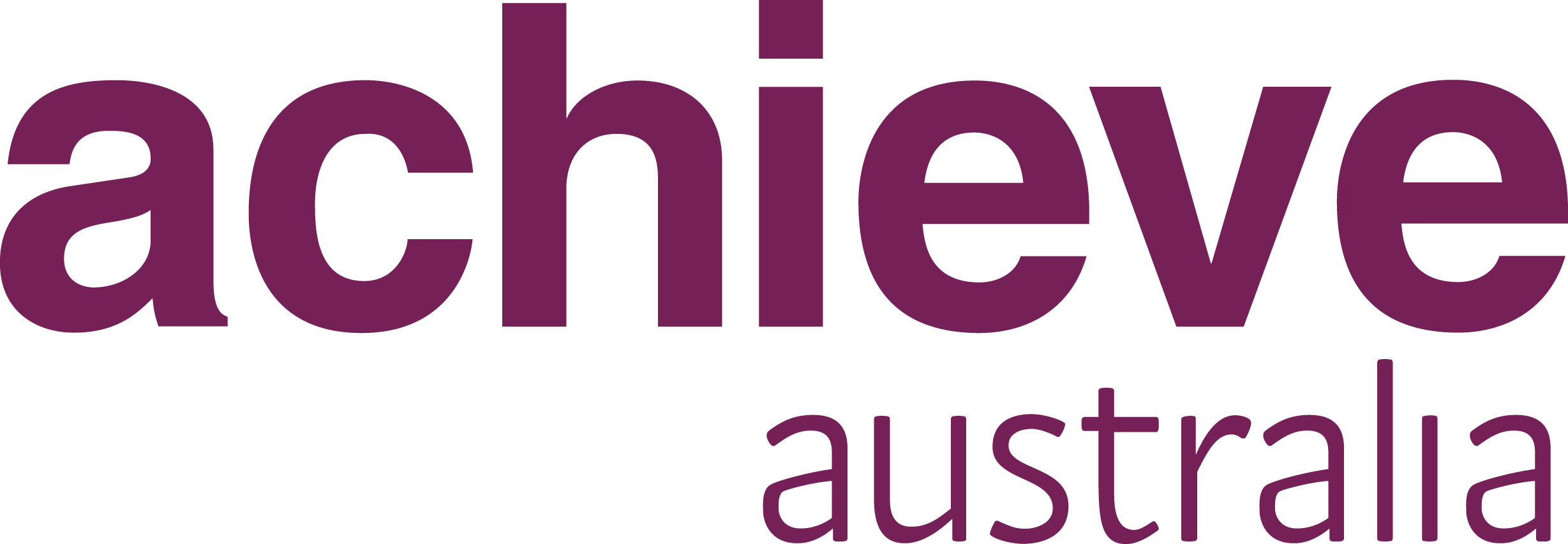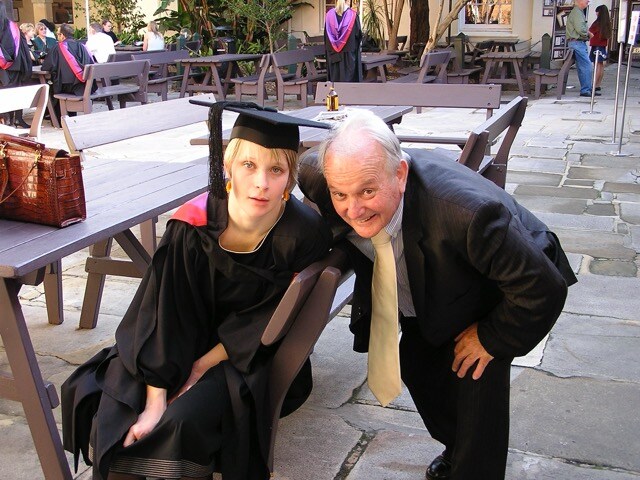28 June 2024
By Achieve Australia Writer and Researcher Fi Bridger
Accessing education as an adult learner poses challenges for anyone but particularly for people with disabilities (PWD). This blog delves into essential considerations and practical steps for PWD seeking adult education.
Are accessible practices widespread?
In 2024, universities are increasingly embracing inclusive practices. Online lectures with in-person tutorials and group assignments facilitate greater inclusivity for PWD.
Inclusive curriculum design, peer interaction opportunities, and diverse assessment methods create a richer learning experience for all learners.
Do your homework first
Embarking on your educational journey begins with thorough research. Explore institutions offering programs aligned with your interests. Evaluate accommodation policies, campus facilities, and available support services to ensure a good learning environment.
Check if the learning institution you are considering has a dedicated Accessibility Services office. This is crucial in providing accommodations and support.
My own educational journey
Drawing on my personal experiences across 3 universities, I found that institutions with proactive disability policies significantly enhanced my learning experience. The university that was the most enjoyable and relevant for my career was the one that had a really friendly disability officer dedicated to making my education and uni experience successful.
Before I attended any course, I researched to get answers to a few key questions, “Is the campus accessible to a wheelchair? Will they have support so that I can make friends? Will the course be enjoyable and relevant for me?”
In addition, I also looked at course relevance to maximise my educational potential.
My experience was that most campuses were kind of accessible. While many lecture theatres were accessible to wheelchair users, some of my lectures were not placed in these areas but the lectures could be accessed online. The university helped me to meet people by assigning group work for assignments. This allowed me to study with people from all walks of life.
Financial considerations are paramount
Evaluate course costs but also additional expenses for accommodations or assistive technology. Explore funding options tailored to students with disabilities. Understanding HECS/HELP schemes ensures informed financial decisions aligning with your educational goals.
What to consider when choosing courses
Empowerment lies at the heart of education. Choose courses that nurture self-advocacy skills, fostering confidence and independence. Education providers should encourage open communication and support-seeking behaviors, empowering individuals with disabilities to articulate their needs effectively.
Universities in major cities offer a great deal of interesting courses tailored to people with disabilities. Consider these examples.
The University of Technology Sydney (UTS) offers a course in Inclusive Design and Technology. Students learn to design accessible digital interfaces, products, and services for diverse users, including those with disabilities.
Another great UTS course is Disability Law and Policy which examines legal frameworks, policies, and human rights issues related to disability. Topics include anti-discrimination legislation, accessibility standards, and disability rights advocacy.
Macquarie University offers a Master of Disability Studies for those wanting to be more employable in the disability sector.
Of course, PWD is not limited to studying courses about disability. These examples represent just a snapshot of the diverse range of courses available for students with disabilities
Each uni or college may offer additional programs, workshops, and support services tailored to meet the unique needs and interests of PWD. Prospective students are encouraged to explore university websites, consult with disability services offices, and reach out to faculty members for further information.
I would encourage adults seeking further education, to focus on courses of genuine interest. My degrees were in Public Policy, Media Arts, and Administration. Following your interests and passions helps you stay motivated throughout your studies.
Compliment your formal education
Education extends beyond the classroom. Seek opportunities for community engagement, networking, and skill-building. Attend workshops, conferences, and industry events to forge connections and unlock future opportunities. Job fairs provide platforms to interact with potential employers, paving the way for career advancement.
Personal pay offs of education
I look back at my university studies fondly, and not just because of the fascinating lectures, and the eclectic campus of people. Uni gave me self-confidence and the opportunity to talk to so many people with different perspectives about life.
Access to education is a transformative journey, offering PWDs pathways to personal growth and societal contribution. By advocating for yourself and researching places that foster inclusive environments, PWD can unlock the doors to educational excellence and career success. Education is not just a privilege; it's a powerful tool for empowerment and societal progress.
Explore more topics
- Accessibility
- inclusion
- Achieve Australia
- disability
- belonging
- Community
- Employment
- The Sewing Basket
- Advocacy
- disability employment
- Accessible
- My Life My Say
- Celebrating people we support
- NDIS
- 2022
- Meet our Achievers
- blog
- people with disability
- travel
- women with disability
- Art
- Australia
- COVID-19
- Disability services
- Good nutrition
- Guildford
- Health tips
- Mental wellbeing
- NDS
- Sharing milestones
- Sydney
- achievable
- assistance dogs
- depression
- disability communications
- disability inclusion
- election
- employee of the year
- intellectual disability
- motherhood
- pregnancy
- social inclusion
- support workers

